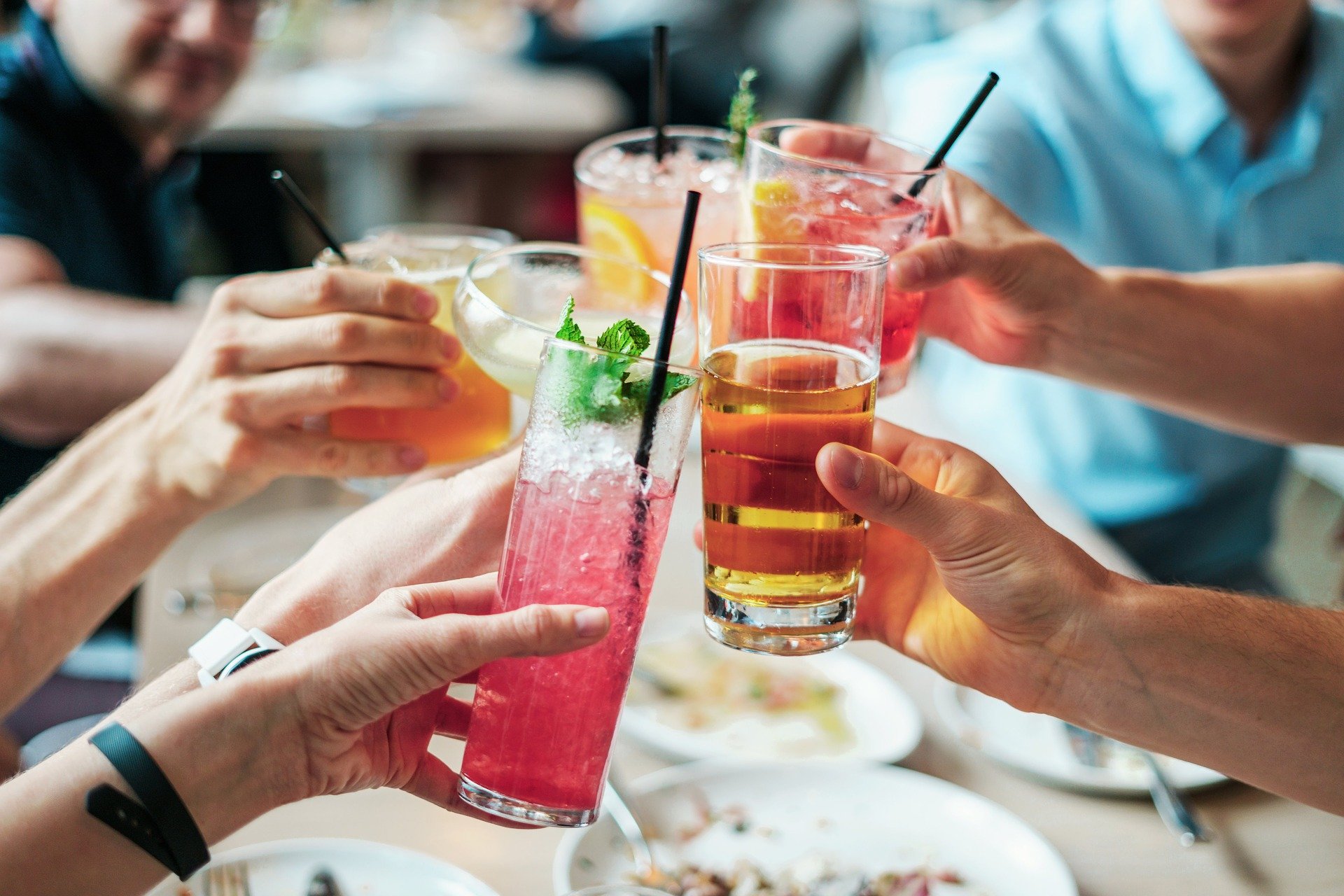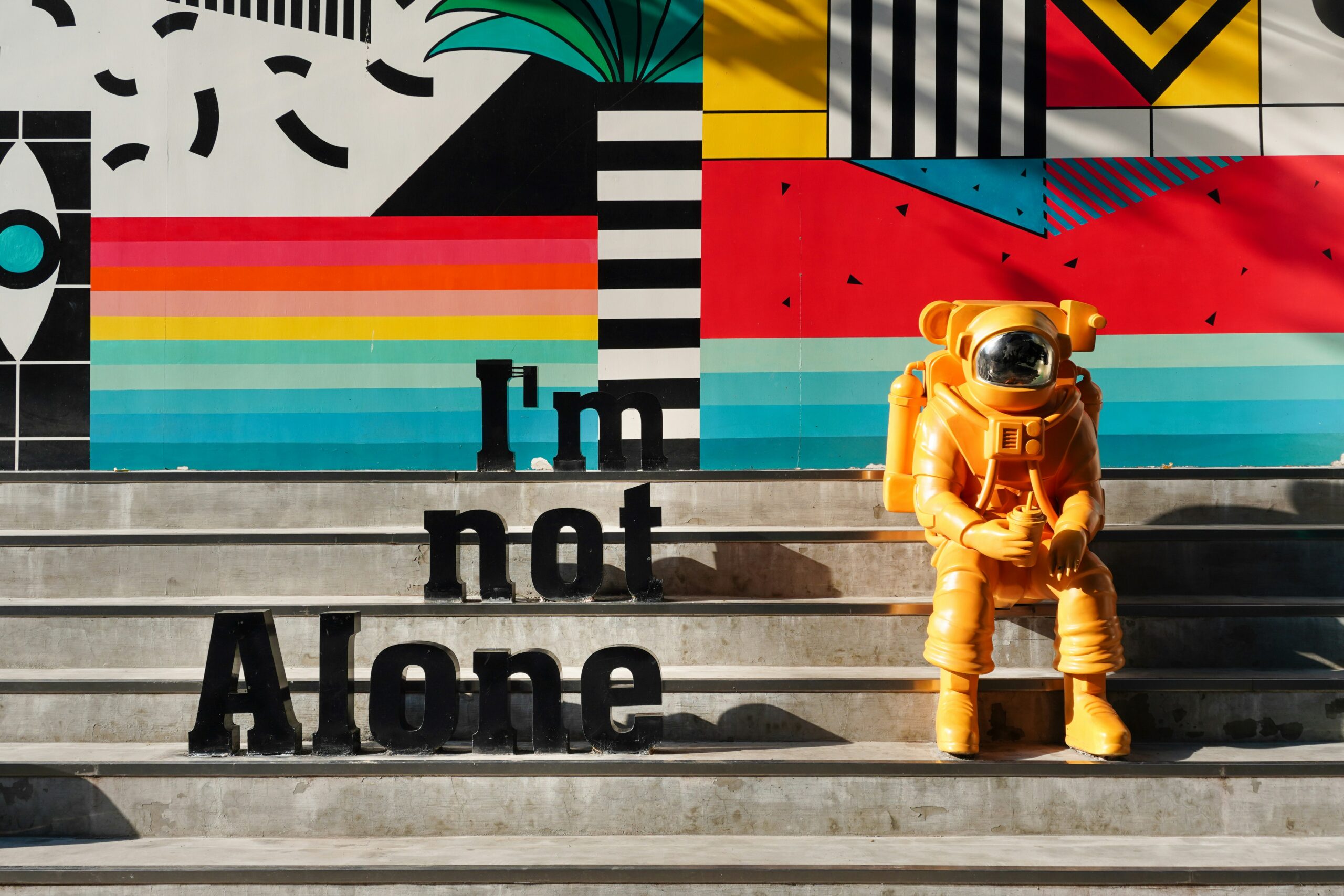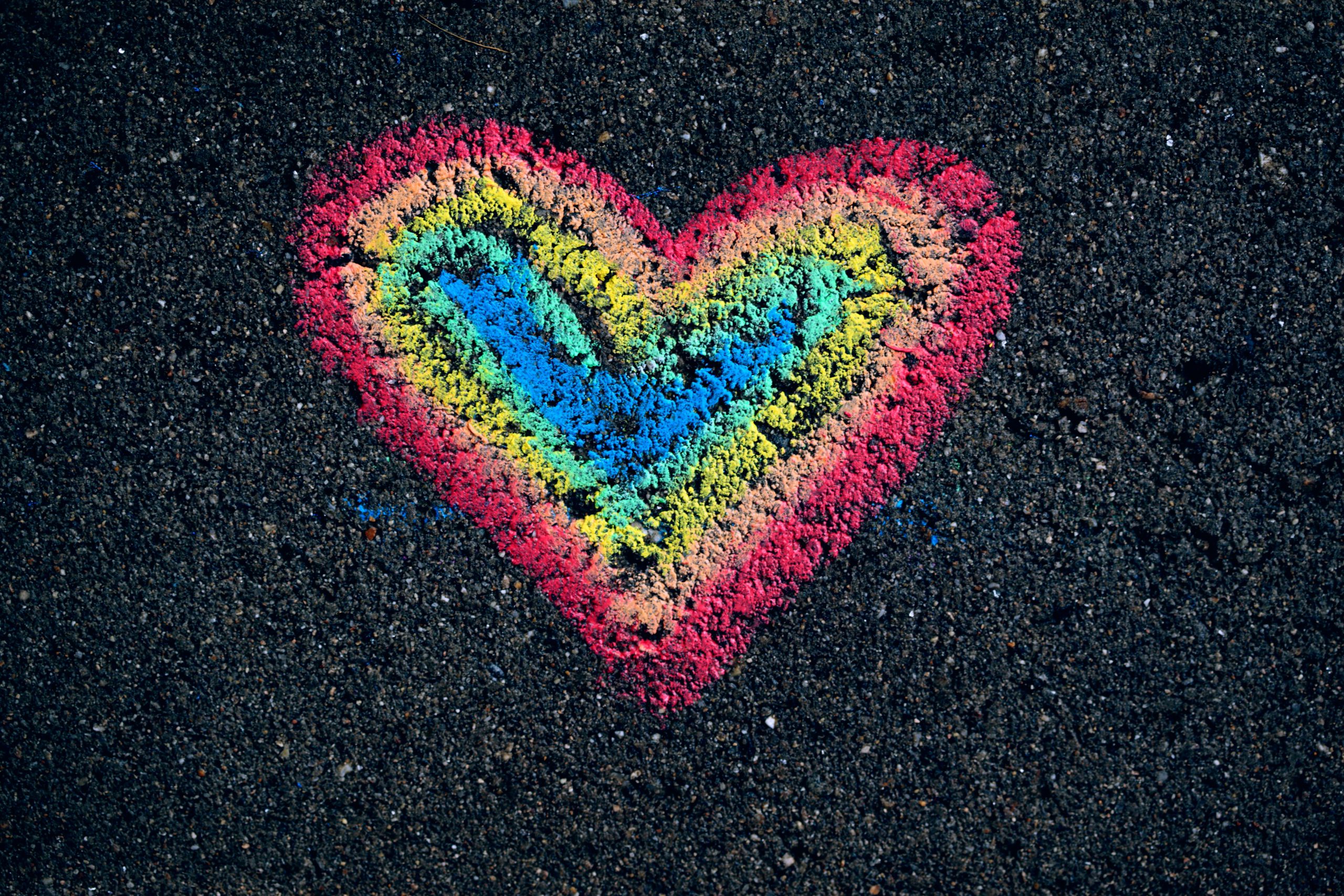I can still clearly remember an alcohol related episode when I was teenager which at the time was quite traumatic. It was the day of exam results and my best friend and I went out to a local pub to celebrate. We had some pre-drinks and set off half-soaked, totally focused on enjoying the evening. In the 90s it wasn’t a common occurrence (as it is now) to have your drink spiked, but that’s exactly what happened to us. I ended up in A and E, having my stomach pumped, after walking through a glass french window! Needless to say, after the world’s worst hangover, I decided I would take a break from drinking, which lasted for a full 5 years!
My choice to live the next half decade in sobriety came about through a different cause than those that might have been struggling with alcoholism, alcohol dependency or using alcohol to self-medicate. Nowadays, the collective conscience encouraged by global awareness movements such as “Go sober for October”, “Dry November”, or “Dry January” are calling on more people to re-evaluate their drinking habits. This year’s Alcohol Awareness week (15-21 November) is focused on the theme of “Alcohol and Relationships” and incorporates several sub-themes which will resonate with many of us.
In particular the highlighted theme of “Sober Shaming” struck a chord with me. I spent my remaining teenage years and all of my time at medical school “stone cold sober”. Phrases like this with an implied negative meaning and words like “mocktail” with its unfortunate double-entendre – exemplify the phenomenon of sober shaming really well. This is where someone who has decided not to consume alcohol is either interrogated publicly and asked to justify their behaviour, or made to feel socially inept or substandard for their choices. I certainly spent much of my youth fending off unnecessarily intrusive questions such as what was in my glass and trying not to have a chip on my shoulder that I somehow wasn’t (stonier or colder) as fun to be around due to not drinking.
This kind of public interference with someone’s health choices seems at odds with the ever growing mainstream sentiment that encourages people to be educated and accepting about contemporary cultural issues. It is surprising that alcohol consumption is in the frame here. Would we so readily publicly shame someone for giving up smoking or for taking on a new weight loss programme?
In my 15 years experience as a psychological therapist, I have observed first hand the benefits to my clients of having a network of support for those who are trying to break an addiction or change a health behaviour for the better. So, here’s some tips for helping your friend or family member if they have made the choice to reduce or stop their alcohol consumption, whether temporarily or permanently:
- Use empathy – if you notice them seeming uncomfortable in a social situation, listen actively and ask sensitive open questions to find out what your significant other needs and help provide that if you can; recall times when you felt like the odd one out and remember what you found helpful at that time;
- Challenge your own views – not theirs. Ask yourself if or how you might behave differently if they were trying to quit smoking? Resist the urge to ask negative questions in relation to their choices such as “Why” questions;
- Be an active cheerleader – offer to be a proactive and consistent member of their support community if that’s what they want;
- Keep inviting them to the pub/club/party – so they don’t feel excluded and still get all the mental health benefits of socialising;
- Try going sober for a while too – join them for a day, week or month to show your solidarity with their cause and increase your compassionate understanding of their situation;
- Create some sober activities/dates – e.g. brunch dates or physical activities where alcohol is less likely to feature.
- Make some aesthetically pleasing and tasty non-alcoholic cocktails, so they feel valued and like they are having a treat.
Author: Dr Becky Lunson Southall, Content Contributor at InsideOut






